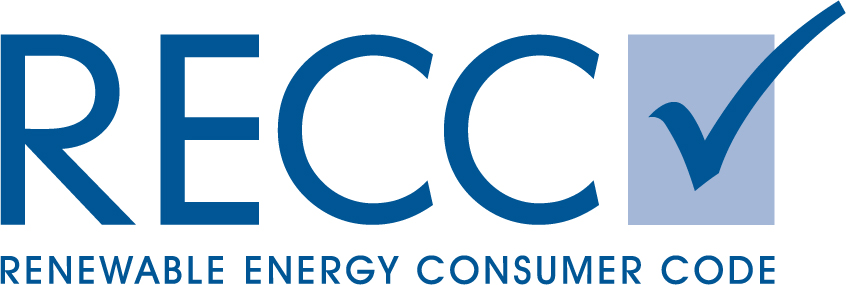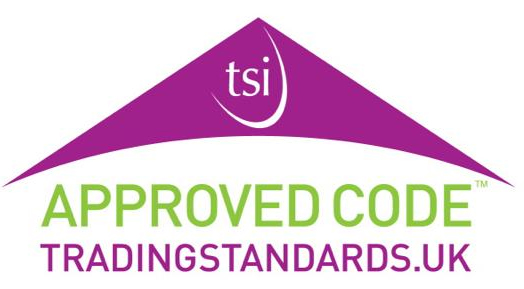Harnessing solar energy through photovoltaic (PV) systems has become increasingly popular as a sustainable and renewable energy source. When setting up a solar PV system, one of the key decisions to make is whether to use a DC-coupled or AC-coupled configuration. These two approaches have distinct differences that impact the efficiency, flexibility, and overall performance of the system.
DC-Coupled Solar PV Systems:
In a DC-coupled solar PV system, the photovoltaic panels are connected directly to the inverter, which converts the DC (direct current) electricity generated by the panels into AC (alternating current) electricity for use in your home or to feed into the grid. DC-coupled systems have some unique characteristics:
- Efficiency: DC-coupled systems are generally more efficient when it comes to power conversion. Since the panels’ DC electricity doesn’t undergo multiple conversions, energy losses are minimized. This leads to higher overall system efficiency.
- Battery Integration: DC-coupled systems are well-suited for integrating energy storage solutions such as batteries. This is because both the panels and the batteries operate on DC power, simplifying the connection and management of energy storage.
- Off-Grid Capability: DC-coupled systems are often preferred for off-grid applications. They can efficiently store excess energy in batteries for use during periods of low sunlight or during power outages.
- Simplicity: These systems are relatively simple in design, which can reduce installation and maintenance costs.
AC-Coupled Solar PV Systems:
In AC-coupled solar PV systems, the PV panels generate DC electricity, which is then converted to AC by a central inverter. The AC electricity is used in the home, and any excess can be sent to the grid. Here are the key features of AC-coupled systems:
- Modularity: AC-coupled systems offer more flexibility in expanding your solar PV setup. You can add panels or inverters as needed, making them ideal for homeowners looking for scalability.
- Compatibility: These systems can work with a wider range of PV panel types, as they don’t require a specific voltage range like DC-coupled systems. This compatibility can make replacement and maintenance easier.
- Backup Power: AC-coupled systems can be configured with backup power solutions. In case of grid failure, some inverters can switch to backup power mode to keep your critical appliances running.
- Compatibility with Existing Infrastructure: If you already have an AC-coupled system and wish to add energy storage, it’s relatively straightforward, as most battery systems are designed to work with AC-coupled inverters.
In summary, the choice between DC-coupled and AC-coupled solar PV systems depends on your specific needs and goals. DC-coupled systems are highly efficient and suitable for off-grid and energy storage applications, while AC-coupled systems offer scalability, compatibility, and backup power options. Additionally, local regulations and financial incentives may influence your decision. It’s essential to consult with a solar professional to determine which configuration best suits your home and energy requirements.
Ultimately, both DC-coupled and AC-coupled solar PV systems are environmentally friendly choices that help reduce your carbon footprint and lower your energy bills, contributing to a more sustainable and efficient future.






